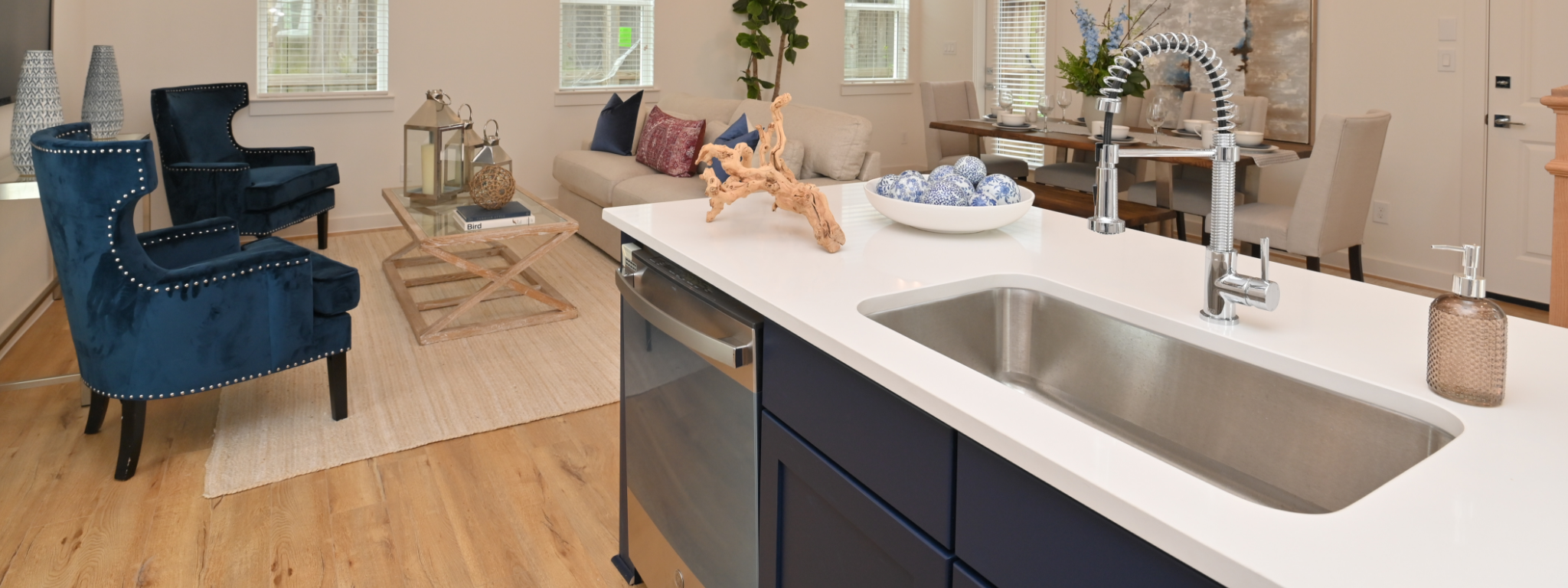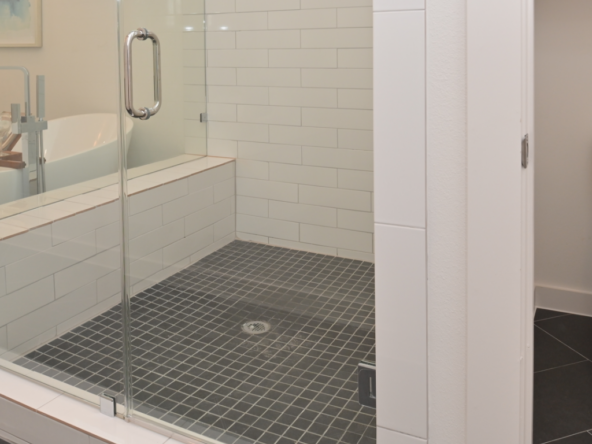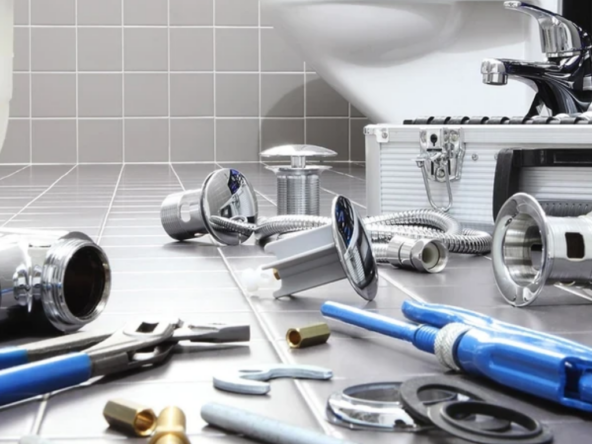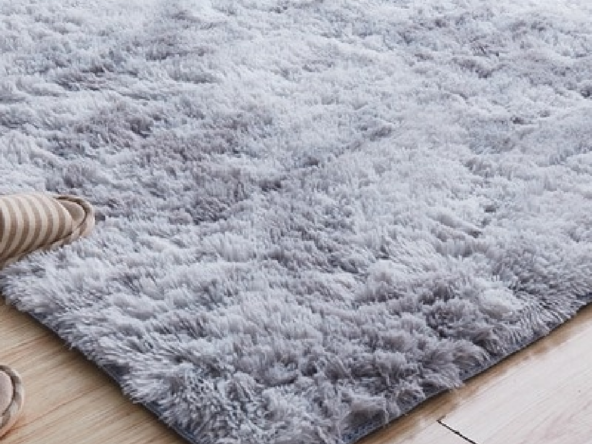Countertops have a starring role in the kitchen as they are one of the most important selling points of the new homes as their beautiful, neat, and clean appearances add class to the kitchen area. They are used for a lot of work as chopping and spills. Each type of the kitchen countertops as granite, solid surface and laminate countertops have their specific guidelines for maintenance and for preventing damage. It is necessary to look after them for maintaining their beauty.
Kitchen and Bathroom Countertops
Kitchen Countertops are constructed from top quality plastic laminate materials. These contain a sheet of very hard plastic laminated to a wooden base and with proper care they can last for a longer period. The bath vanity tops and bath sinks are either made up of top quality plastic laminate or cultured marble to give bathrooms a classic good look if maintained properly.
Guidelines for Care and Maintenance of Countertops
Following are the guidelines for maintaining countertops of different categories:
For Laminated Plastic Countertops
- Laminated countertops as Wilsonart Laminate ones are easy to maintain. Following are different ways to increase their life and prolong their beauty.
- Do not disturb the bond between the wood and the plastic-on-plastic laminate products.
- A hot pad for anything likely to exceed 250F is essential to be used. Anything coming directly off from a burner will be too hot to place directly on the surface of the countertops.
- Treat carefully the plastic laminate and cultured marble products as they can scratch and burn on mistreatment.
For cleaning countertops
- Use a damp cloth and mild soap for cleaning spots, glass rings, and other spills.
- Be very careful with the inks as they are often indelible as the inks used in making grocery products, meat, and newspaper inks.
For preventing damage to countertops
- Be careful with razor blades, manicure equipment, and bathroom appliances to avoid the damage of Laminate.
- Monitor the condition of all the filling on the countertops and vanity tops to prevent damage from leaks. Re-apply fillers it they get separated or shrunk.
- Avoid cutting items directly on the countertops as the scratches of the knife can be the hiding places for dirt.
- Avoid standing on countertops as the excessive weight can cause warping and drawer malfunction.
- Do not burn cigarettes around them as the burns are impossible to remove without professional assistance.
- Granite, limestone, travertine, and marble countertops are made from natural rock and vary in color and veining. Stone countertops can be scratched as the sand and abrasive cleaners make them weak resulting in the bad finish. If they are not maintained properly, it will compromise their look and longevity. Stone countertops can be easily cleaned with any good quality nonabrasive cleaner. Follow these steps to clean them.
- Hard water minerals must be removed with a mild ammonia solution of 1 tablespoon with 1 quart of water.
- Dusting and sweeping of the countertop are mandatory regularly.
- Immediately wipe the spills.
- Use a few drops of neutral cleaner or stone soap to clean the surface with warm water after each use.
- Use the manufacturer’s recommended techniques or consult a professional to repair chips, scratches, and burns. Stone countertops must be sealed to prevent staining.
- Avoid placing hot pans or pots directly on countertops. Use coasters and mats under them.
- Avoid using steel wool, vinegar, polish, or liquids containing acid on the surface.
For Solid Surface Countertops
Solid surface countertops as Corian are non-porous, homogenous, and inherently hygienic surfaces. Follow these guidelines for keeping the surfaces fresh and new looking every time.
- Use household cleaners to clean solid surface countertops designed for daily use.
- Use ammonia-based cleansers or soapy water to remove typical stains from countertops.
- Avoid placing hot pans or pots directly on countertops. Use coasters and mats under them.
- Run cold water in the sink immediately after pouring hot water.
- Avoid exposure to strong chemicals as concentrated acids as Chloroform. Also, do not expose acetones which are found in nail polish removers.
- Denatured alcohol is ideal to remove stains caused by cosmetics. After it flushes them with soapy water.
- Avoid using abrasive pads as they will scratch and dull the polishes.



